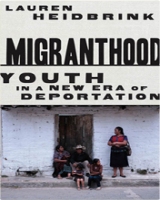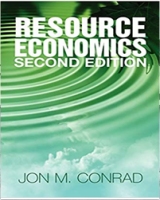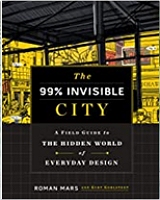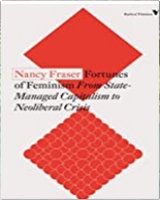
| First Semester 2021-2022 |
| Title |
youth in a new era of deportation
|

|
| Author | Heidbrink, Lauren | |
| Call Number | JV7416 .H45 2020 | |
|
Migranthood chronicles deportation from the perspectives of Indigenous youth who migrate unaccompanied from Guatemala to Mexico and the United States. In communities of origin in Guatemala, zones of transit in Mexico, detention centers for children in the U.S., government facilities receiving returned children in Guatemala, and communities of return, young people share how they negotiate everyday violence and discrimination, how they and their families prioritize limited resources and make difficult decisions, and how they develop and sustain relationships over time and space.
|
||
| Title |
Natural resource economics : analysis, theory, and applications
|

|
| Author |
Conrad, Jon M.
|
|
| Call Number | HC59.15 .C655 2020 | |
|
Natural Resource Economics is one of the rare books in resource economics that combines theory and applications, but also the mathematical tools to apply the theory to real world problems. It provides solid coverage of the theory of nonrenewable and renewable resources while focusing on specific applications, for example, the economics of antibiotics, which are becoming increasingly important. Overall, this is a book which would be an invaluable asset not only to graduate students but also to experienced researchers in resource economics.
|
||
| Title |
The 99% invisible city : a field guide to the hidden world of everyday designt
|

|
| Author |
Mars, Roman and Kohlstedt, Kurt
|
|
| Call Number | NA9050 .M29 2020 | |
|
99% Invisible is a big-ideas podcast about small-seeming things, revealing stories baked into the buildings we inhabit, the streets we drive on, and sidewalks we traverse. The show celebrates design and architecture in all of its functional glory and accidental absurdity, with tales of exceptional designers as well as frequently overlooked everyday designs.
|
||
| Title |
Fortunes of feminism : from state-managed capitalism to neoliberal crisis
|

|
| Author |
Fraser, Nancy
|
|
| Call Number | HQ1190.F7273 2020 | |
|
Nancy Fraser’s powerful new book documents the “movements of feminism” and the shifts in the feminist imaginary since the 1970s.
Fraser follows the history of feminism from the ferment of the New Left, during which “Second Wave” feminism emerged as a struggle for women’s liberation alongside other social movements, to its emersion in identity politics following the decline of its initial utopian energies. Alongside this detailed history, Fraser recognizes the need for a reinvigorated feminist radicalism to respond to the crisis in neoliberalism. She argues for a feminism that could join other egalitarian movements in struggles aimed at subjecting capitalism to democratic control, while retrieving the core utopian insights of feminism’s earlier phases.
|
||